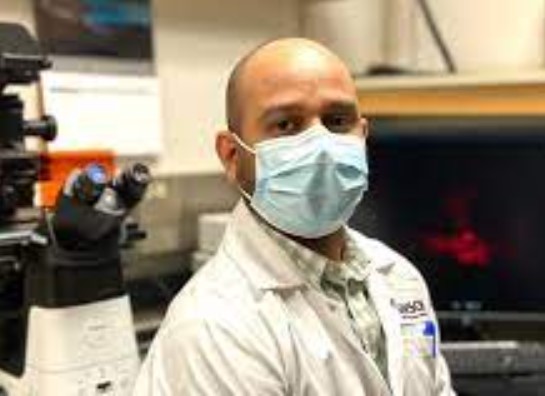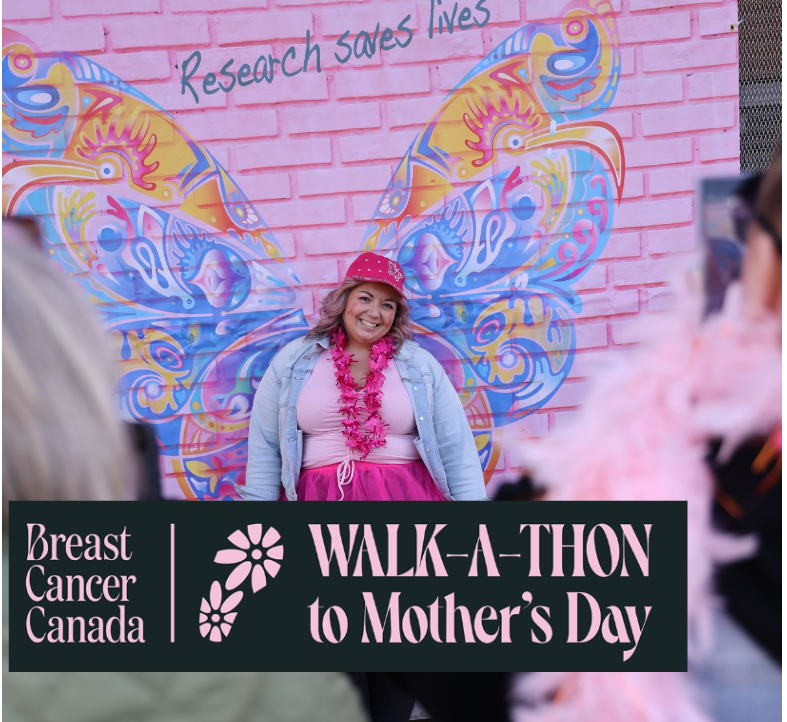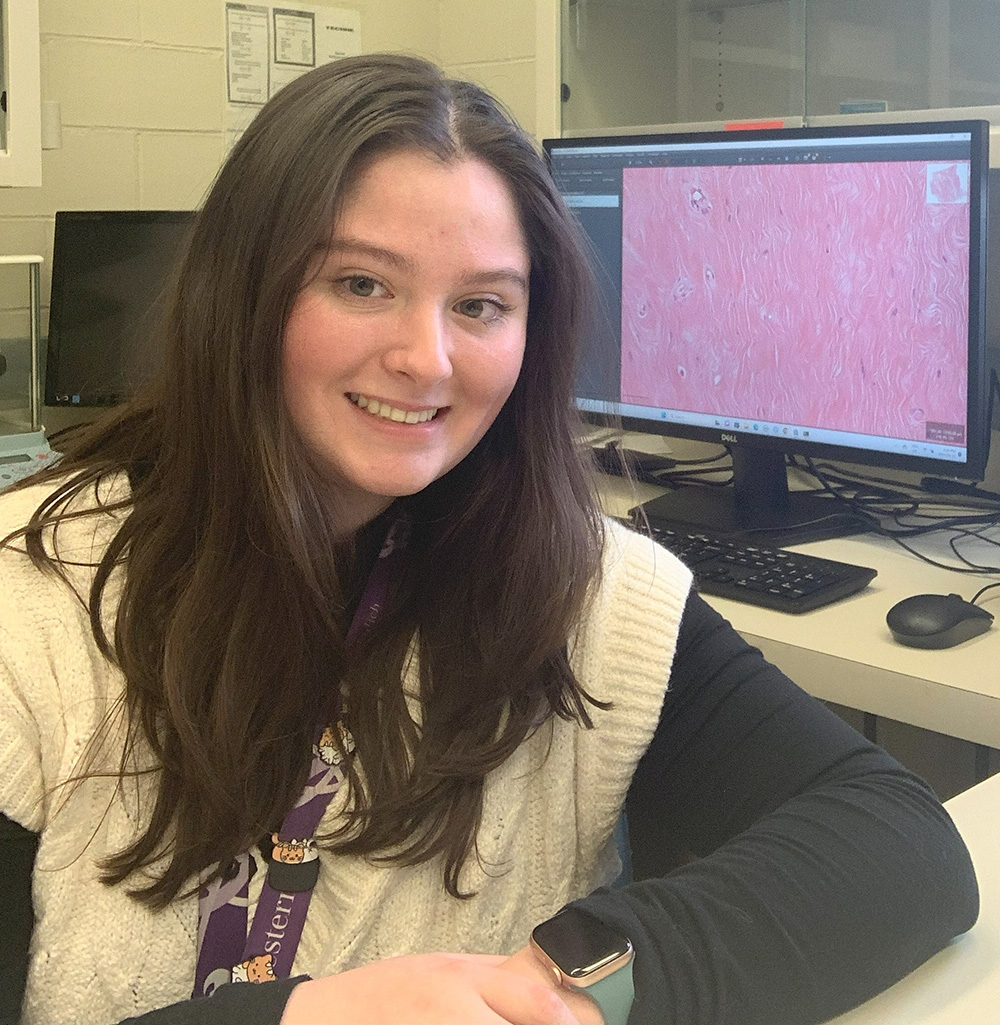Breast Cancer Canada is proud to provide graduate student scholarships at Western University. These awards are driven by our longstanding commitment to the Breast Cancer Canada Translational Breast Cancer Research Unit (TBCRU) at London Health Sciences Centre’s London Regional Cancer Program (LRCP).
Trainees compete annually for these awards. Their applications are assessed on the scientific quality of their project, their academic record, the relevance of the project to translational breast cancer research and the strength of their mentor.
__________________
Tell us a little bit about yourself.
My name is Dr. Vasudeva (Vasu) Bhat, and I am a postdoctoral research fellow in the Department of Anatomy and Cell Biology at Western University. I am co-supervised by Dr. Alison Allan and Dr. David Palma. I received my Ph.D. from the University of Manitoba. I aim towards a career as an academic scientist who can contribute meaningfully to the society in pursuit of knowledge.
Why are you passionate about breast cancer research?
I have always been interested in understanding pathological mechanisms of diseases and I personally find breast cancer very intriguing. I also believe that by devoting my education, training and work to understanding this disease will support Canadians in a very meaningful way.
Why is the TBCRU grants important to you, and how does it advance your research?
This award is very important to me as a researcher, and I am both honored and grateful to receive this award from Breast Cancer Canada. It definitely gives me a sense of responsibility as well as provides a recognition to the work we do. Breast cancer is a significant healthcare concern worldwide and supporting researchers and trainees such as myself provides much-needed support for our research in these challenging times. I would like to thank Breast Cancer Canada for this initiative and their continued steadfast support.
Describe your research project, including the main objective and what problems you hope to solve.
In some breast cancer patients, cancer can spread (or metastasize) to one or two distant organs, but result in only a limited number of new tumors. We call this the “oligometastatic” state. It is believed that patients with oligometastatic disease can be effectively treated and even potentially cured. My work is investigating whether a patient’s blood contains accurate indicators of oligometastasis, and whether a blood test could determine if patients are good candidates for curative treatment using a specialized kind of radiation therapy called stereotactic ablative radiotherapy (SABR). The markers in the blood that we are investigating include circulating tumor cells, circulating DNA and host immune cells.
Have there been any changes to or any advancements in your research since your project began?
Yes, actually, quite a few! We have been able to recruit a total of 150 patients (control group + treatment group) with 4-10 oligometastatic lesions to the SABR-COMET 10 Phase 3 clinical trial (5 cancer centers in Canada are involved in this study). I have also been working on a second breast cancer project focused on understanding the role of lung microenvironment in influencing breast cancer stem cell activity and metastasis.
Have you had an opportunity to present or publish your research to your peers or the broader research community?
Last year I was able to present my research work at a virtual International Society of Liquid Biopsy Annual Meeting. I also had the opportunity to present my second breast cancer project at the 19th Biennial Congress of the Metastasis Research Society in Buenos Aires, Argentina in November 2022.
The international meetings were the most appropriate platform to share my work not just with the experts within the field but also with researchers from other disciplines. It is helpful to have an inter-disciplinary perspective on my research as it brings out some new questions and constructive discussions. I was quite happy and satisfied with the attention my research work garnered during the meeting. Discussing my research with a broader audience helped in looking at my project with a different perspective. This helped me identify limitations and further improve the quality of my research.
How will your research be applied in the clinic and how will patients benefit from the results of your work?
Identification of breast cancer patients with oligometastatic disease who will respond well to SABR is crucial. So far, the evidence suggests that certain indicators in blood could be used to specifically identify oligometastatic patients. In the future, we believe a simple blood test panel could be used to help patients and physicians make more informed treatment decisions.
Tell us about your other involvement with Breast Cancer Canada.
I was an active participant in the Mother’s Day Walk this spring and the Raise More Challenge in October for Breast Cancer Awareness Month.
Myself and my colleagues really enjoy getting involved with fundraising initiatives that are organized by Breast Cancer Canada to accelerate more breast cancer research across Canada.
What are your hobbies, outside of your time in the lab?
In my free time, I am an amateur photographer. I am also a big fan of Star Wars and the Marvel Cinematic Universe. I am looking forward to watching all the new Star Wars and Marvel TV series and movies when I have a bit of spare time away from the lab!




